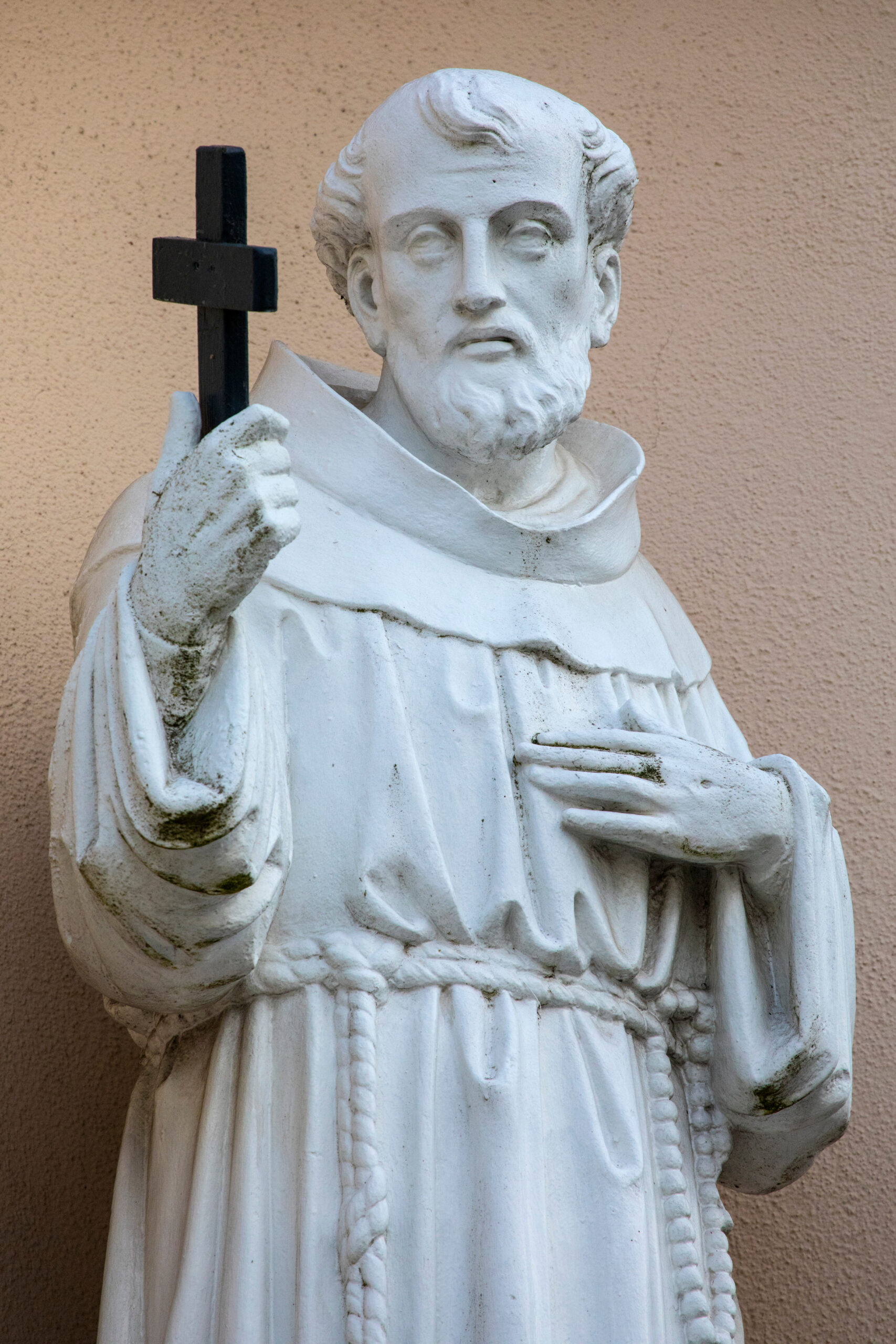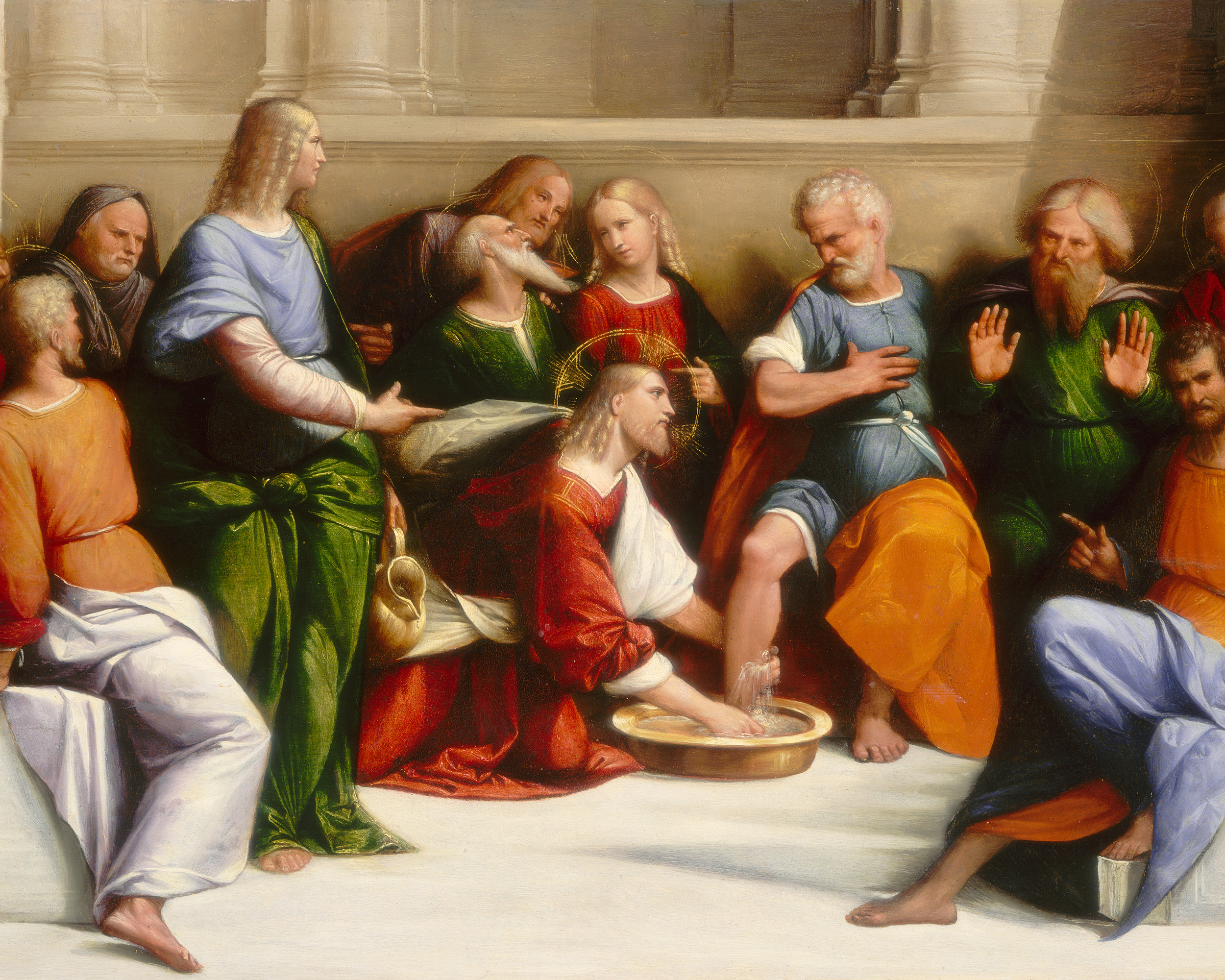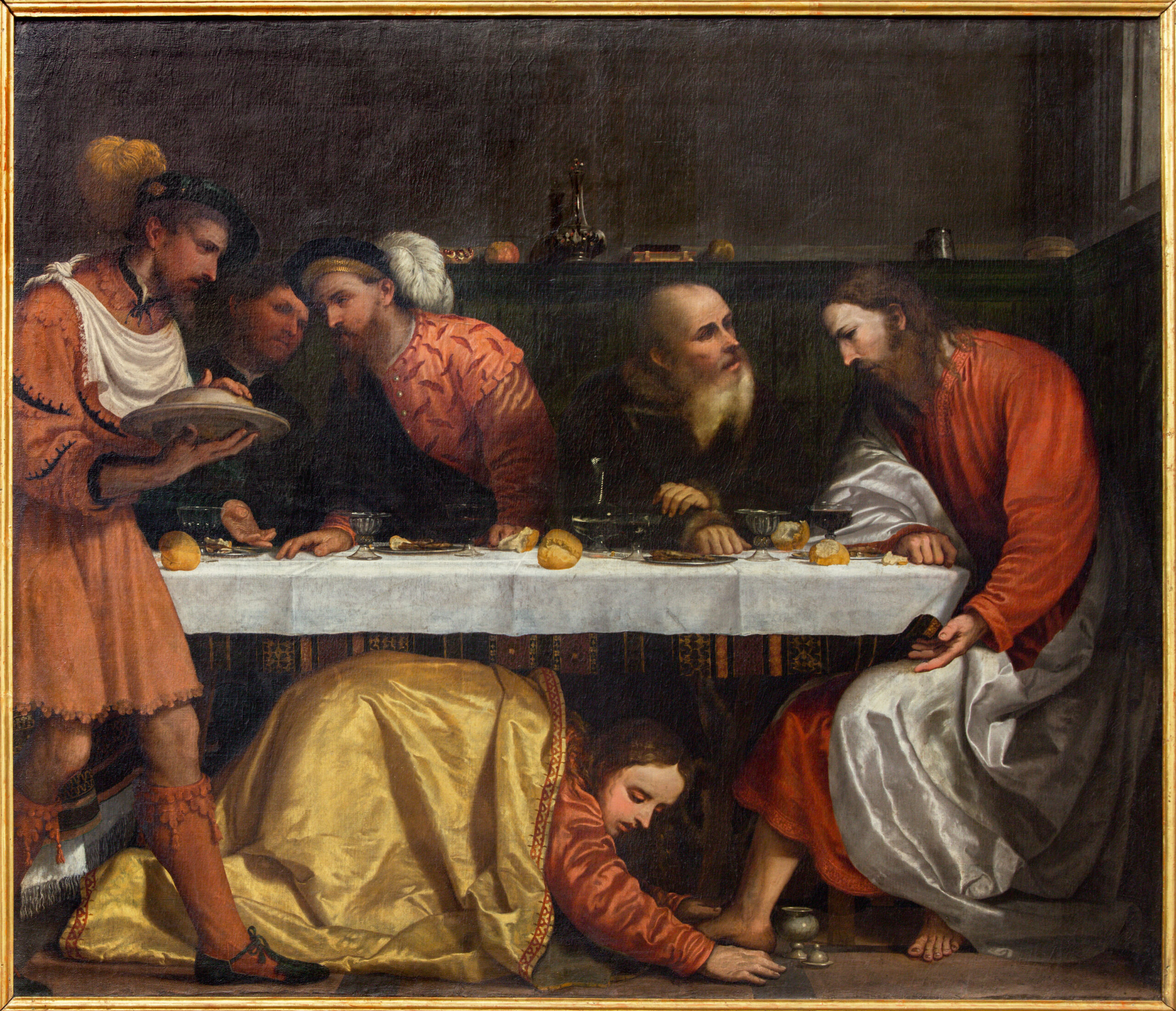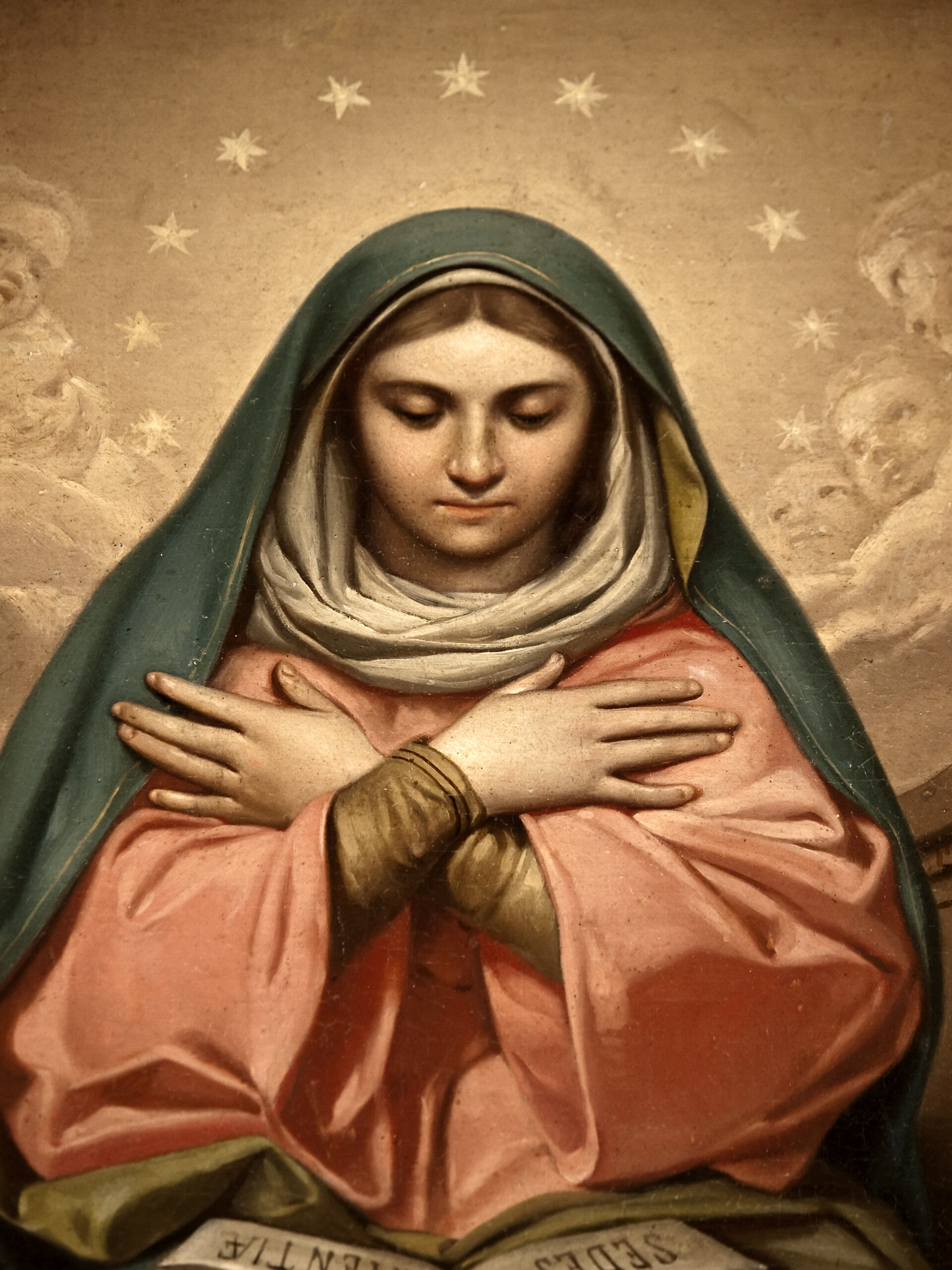Read the lives of the Saints, and consider whose life your own most resembles: what degree of sanctity do you possess? If you were to die at this moment, to what part of Paradise would you think yourself destined? Perhaps among the innocents? No one is innocent who has committed even one mortal sin; and you, have you still in your soul your baptismal innocence? Perhaps, therefore, among the penitents? But where is your penitence when, far from seeking self-mortification, you seek in all things to please yourself?
Do you think you deserve to be numbered among the martyrs? I will not speak of the shedding of blood; but where is even your patience to suffer only the slightest trouble or adversity in this miserable life? Do you judge yourself worthy to be ranked with the virgins? But are you pure in body and mind? St. Anthony, the abbot, after having labored many years to perfect himself in holiness by imitating the virtues of all the most illustrious anchorites, found much to humble himself when he heard of St. Paul, the first hermit, and felt that, in comparison to this holy man, he himself had nothing of the religious left in him. O my Soul, come also and compare thyself to the Saints. “Call to remembrance the works of the fathers, which they have done in their generations,” (Mach. 2:51), and thou wilt find innumerable occasions for humbling thyself in perceiving how far thou art from holiness. It is all very well to say: I do nothing wrong. To be saved, it is not enough not to do evil, but one must also do good. “Decline from evil and do good.” (Ps. 36:27). It is not enough not to be a sinner by profession, but it is necessary to be holy by profession. “Follow peace with all men, and holiness, without which no man shall see God.” (Hebrews 12:14).
Examine those virtues which you imagine that you possess. Have you prudence, temperance, fortitude, justice, modesty, humility, chastity, humbleness of spirit, charity, obedience and many other virtues that may be necessary or suitable to your condition? If you have a few of these, in what degree do you possess them?
But I will say more: and that is, examine yourself first, and see whether you really have this virtue that you think you possess. What I mean to say is this: Is it a real virtue, or perhaps only a disposition of your natural temperament, be it melancholy, sanguine or phlegmatic? And even should this virtue be real, is it a Christian virtue or purely a human one? Every act of virtue which does not proceed from a supernatural motive, in order to bring us to everlasting bliss, is of no value. And in the practice of virtue, do you join to your external actions the inward and spiritual acts of the heart? O True Christian Virtues, I fear that in me you are nothing but beautiful outward appearances! I deserve the reproach of God’s word: “Because thou sayest: I am rich and made wealthy and have need of nothing, and knowest not that thou art wretched and miserable and poor and blind and naked.” (Apoc. 3:17). And in the same manner the counsel of St. Augustine is good for me, that it is better to think of those virtues in which we are lacking, rather than of those which we possess. “I will humble myself more for those virtues which I lack than pride myself on those I possess.”








